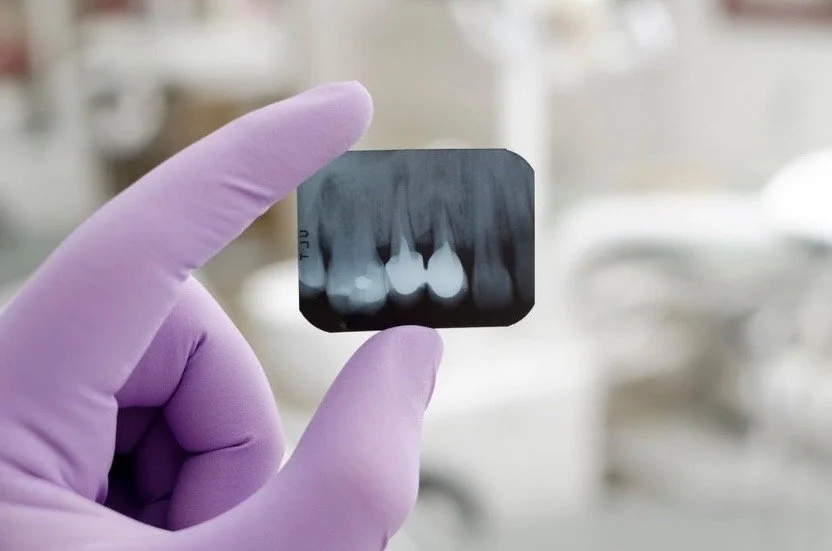What You Should Know About Teeth Whitening
Teeth whitening is a popular cosmetic procedure that many people choose to improve the appearance of their teeth. But how does it work, and is it healthy for your teeth? This blog post will explore how teeth whitening works and discuss the pros and cons of this popular treatment. We will also provide tips on keeping your teeth healthy after a tooth whitening treatment.
Why Do We Need To Have Teeth Whitened?
Teeth color with time. The dentin (the tooth's middle layer below the enamel) becomes yellow, and the enamel (the protective outer layer) thins with age. Lifestyle choices such as drinking coffee or wine, smoking, and taking certain medications can all contribute to the discoloration of your teeth.
Whitening makes teeth more appealing by removing discolored stains from the enamel or color changes in the dentin.
Types of Teeth Whitening
When it comes to teeth whitening, there are two main types of treatments: at-home teeth whitening kits and in-office teeth whitening treatments. At-home teeth whitening kits are typically less expensive than in-office treatments, but they are not as effective and take longer to see results. In-office teeth whitening treatments provide fast, professional results.
How Does Teeth Whitening Work?
Teeth whitening treatments work by bleaching the teeth to remove stains and discoloration. The key ingredient in most teeth whitening products is hydrogen peroxide, which breaks down into water and oxygen when it comes into contact with your teeth. The oxygen then breaks down the molecules that cause stains on your teeth, resulting in a brighter smile.
Now that we know how teeth whitening works, let's look at the pros and cons of this popular treatment.
Pros and Cons of Teeth Whitening
There are many benefits to teeth whitening, including:
- Improved self-esteem and confidence
- A brighter, more youthful appearance
- The ability to better match your natural tooth color
- Reduced staining from smoking or drinking coffee, tea, or red wine
There are also some risks associated with teeth whitening, including:
- Increased sensitivity to hot and cold temperatures
- Irritation of the gums
- Bleeding gums
- Burns to the lips or mouth from using a whitening gel that is too strong
If you are considering teeth whitening, it's advised that you Contact Us Today We can help you weigh the pros and cons of this treatment and determine if it's right for you.
How to reduce the risks associated with teeth whitening and keep your teeth healthy
- Use a whitening gel that is the right strength for your teeth. We can help you determine the right strength for your needs.
- Follow the instructions carefully when using at-home whitening kits.
- Avoid eating or drinking foods and beverages that can stain your teeth for 24 hours after a whitening treatment.
Charlotte Dental Esthetics is here to help you achieve the brighter smile you've always wanted. We will work with you to find the best treatment option for your needs. Request an appointment to learn more about our teeth whitening services and how we can help you achieve a brighter smile!

